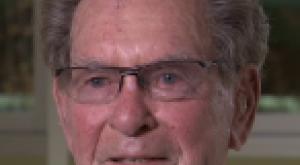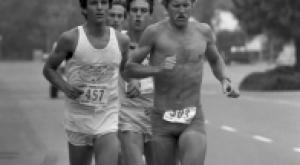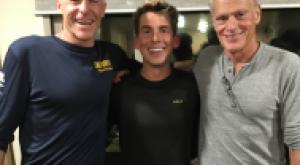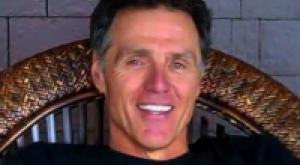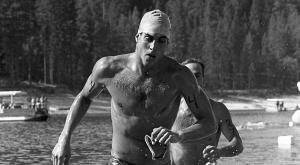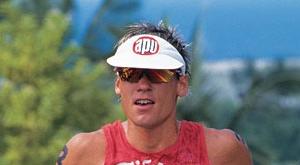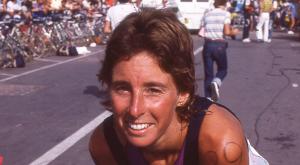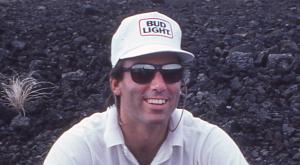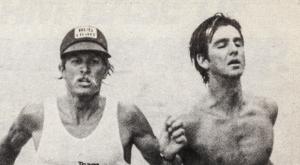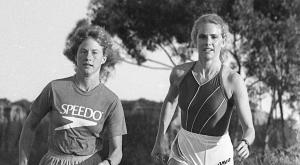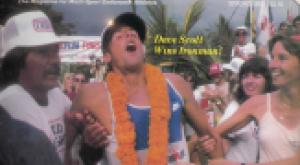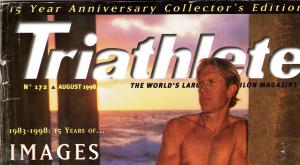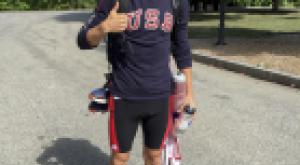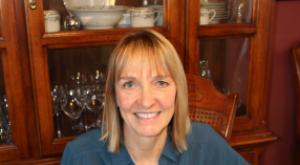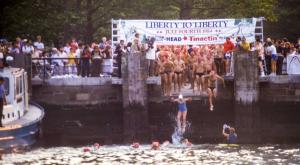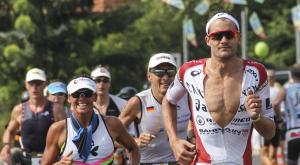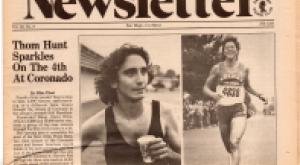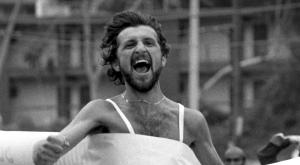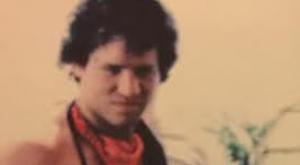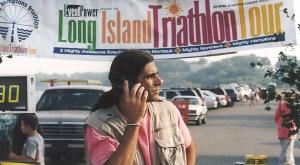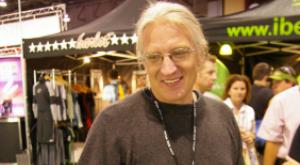
One of the oldest continuing ultra-distance triathlons in the world will turn 25 in 2015. Fred Sommer's Great Floridian Triathlon was first held back in 1991 and experienced a high level of growth into the new decade consistent with the boom in interest in the sport of triathlon in general and long–distance races in particular. The event has suffered in recent years, however, as the World Triathlon Corporation penetrated local markets nationwide with a sexier brand and the allure of Ironman World Championship qualifier slots.
"Our numbers have been in the tank the past few years, Sommer said candidly. "Everyone is chasing the Ironman, and there are lots of Ironman races to select from here in the Southeast."
Hoping to drive renewed interest in the GFT, Sommer's company, the Clermont, Fla-based Sommer Sports Inc., launched a bold initiative to drive entries to his anniversary event next year: All past finishers of the full-distance event – anyone who finished the 140.6-mile course from 1991-2014 – would race for free in 2015 if they registered by Nov 12, 2014. First-timers who beat the early-registration deadline had access to a reduced entry fee of $250.
"The Great Floridian Triathlon has always been the peoples race", Sommer said in a press release. "In appreciation of the tremendous support offered by age group athletes over the past 24 years we felt it would be great if we gave something back to the athletes. At the same time we are hoping the excitement associated with the 25th birthday celebration will expose the GFT to new triathletes who may only be aware of the corporate run, branded full-distance races."
On November 13, Sommer deemed the promotion a success. Four hundred race alumni had signed up, along with 150 first-timers. "Now we just need to keep the momentum going," Sommer wrote in an email to TH. "What is exciting is that I have received a bunch of emails from past participants offering to do everything they can to grow the race. We just need to capitalize on all that energy before the athletes get sidetracked with training."

